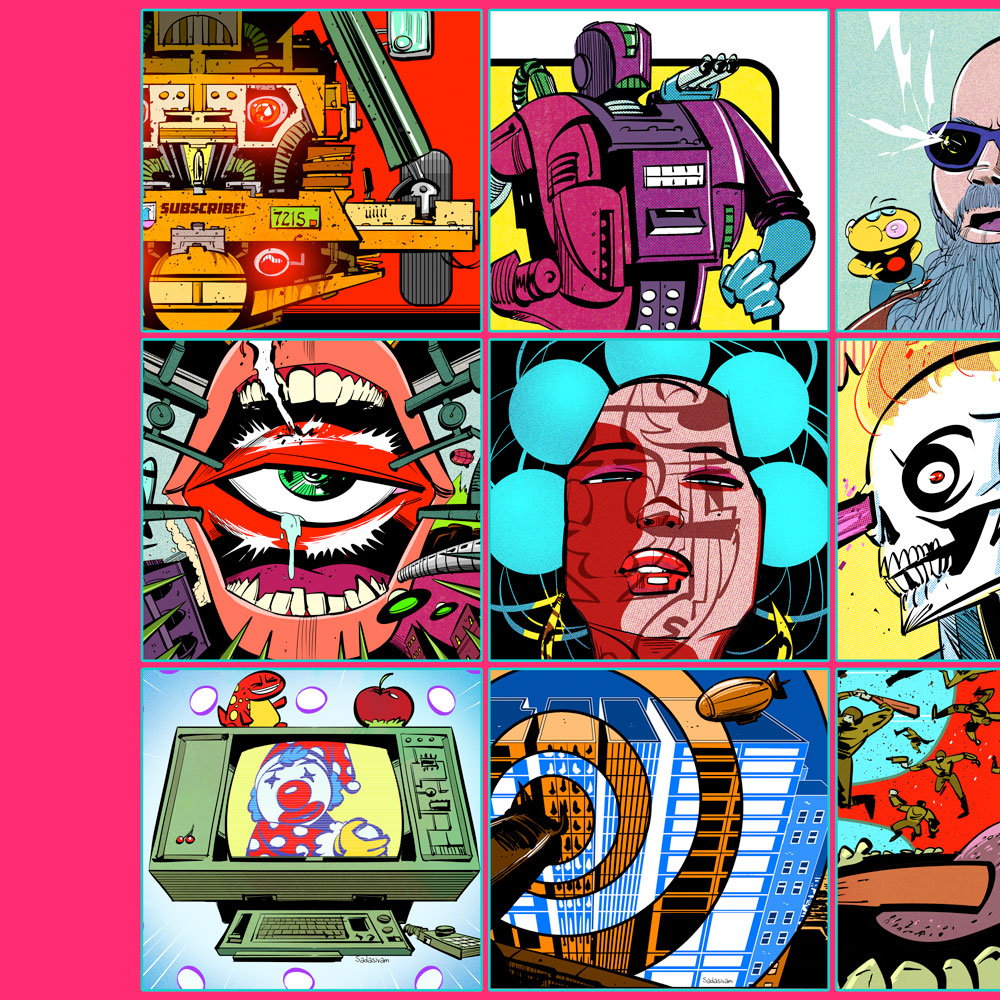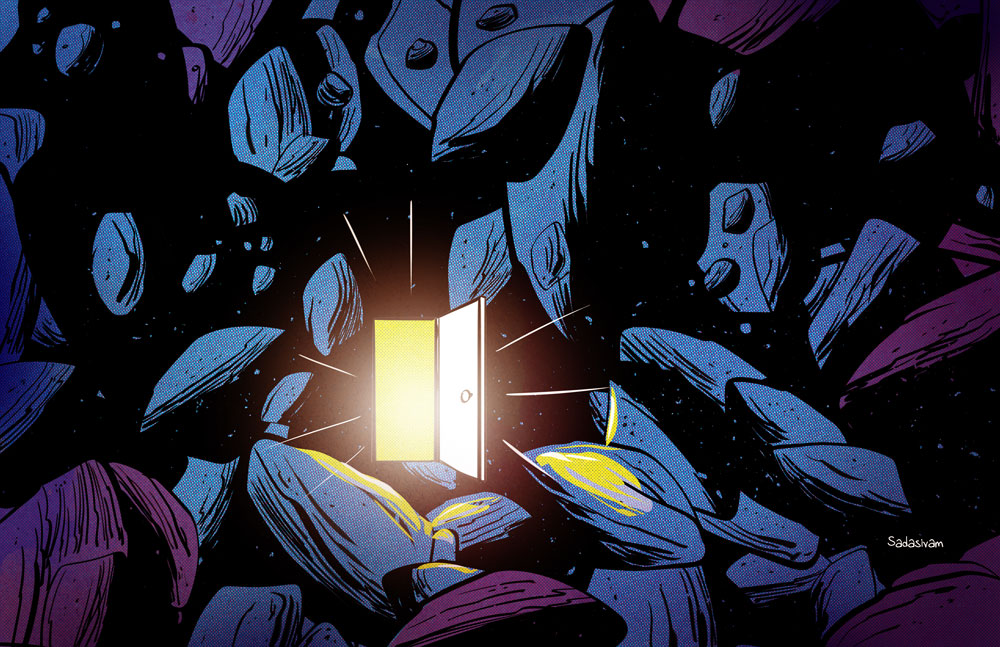Disruption Occurs When Trust is Violated
There must be something in the water for companies to proverbially shoot themselves in the foot, all within the span of a few short weeks.
Microsoft kicked things off with the introduction of Recall, a new AI-enabled feature in Windows 11 that would surreptitiously record anything you do on your screen. The company, probably shocked at the ensuing anger and outrage, has since promised to add encryption and other verification hooks to make Recall more secure. But it may be too late. 2024 may wind up being The Year of Linux as a result of Microsoft’s self-own.
Then there’s Adobe’s recent fiasco. Their terms of use were quietly amended earlier this year, allowing the company to access, view, or listen to your content. This move created a massive backlash against the company. Even if you were to uninstall your Adobe apps, you would still have to agree to Adobe’s terms.
The result of this outrage? Adobe’s stock plunged 30%.
In the past few days, Adobe has attempted some damage control, clarifying their terms of use, but it may be too late for users who have been looking for a reason to jump ship. Adobe claims that their updated terms were put into effect to crack down on child sexual abuse material, and that they will never assume ownership of a customer’s work or train its AI on user data. But Adobe’s other moves (subscription-only options with prohibitive cancellation fees, and its push towards AI content generation) have already soured many creative professionals on the company.
Serif, the makers of Affinity design products (Affinity Design, Affinity Photo, and Affinity Publisher) smartly capitalized on the furor by providing a 50% discount for all its design packages (which are standalone and not subscription-based).
Lastly, let’s talk about Bartender, the popular Mac menu bar organization utility. A few months ago, the developer quietly sold his product to another entity without disclosing the matter to its users. Many users only became aware of the situation due to a signing certificate change.
Until recently, there was nary a mention of this change on the Bartender website. The developer, Ben Surtees, posted a response to clarify the matter, but it again was too little too late. Many Mac users, including myself, have completely uninstalled the app, seeking out other alternatives. Years of good will and loyal support were completely tossed down the drain.
So, what’s the lesson in all of this?
Companies and developers should be transparent with their users. They also need to consider their decisions proactively, with a focus on potential blind-spots. Talk to major customers, evangelists and clients who actively use their programs on a daily basis. Get feedback. Because if you don’t, you will lose trust. And people will look elsewhere.
-Krishna




No comments yet. Be the first!